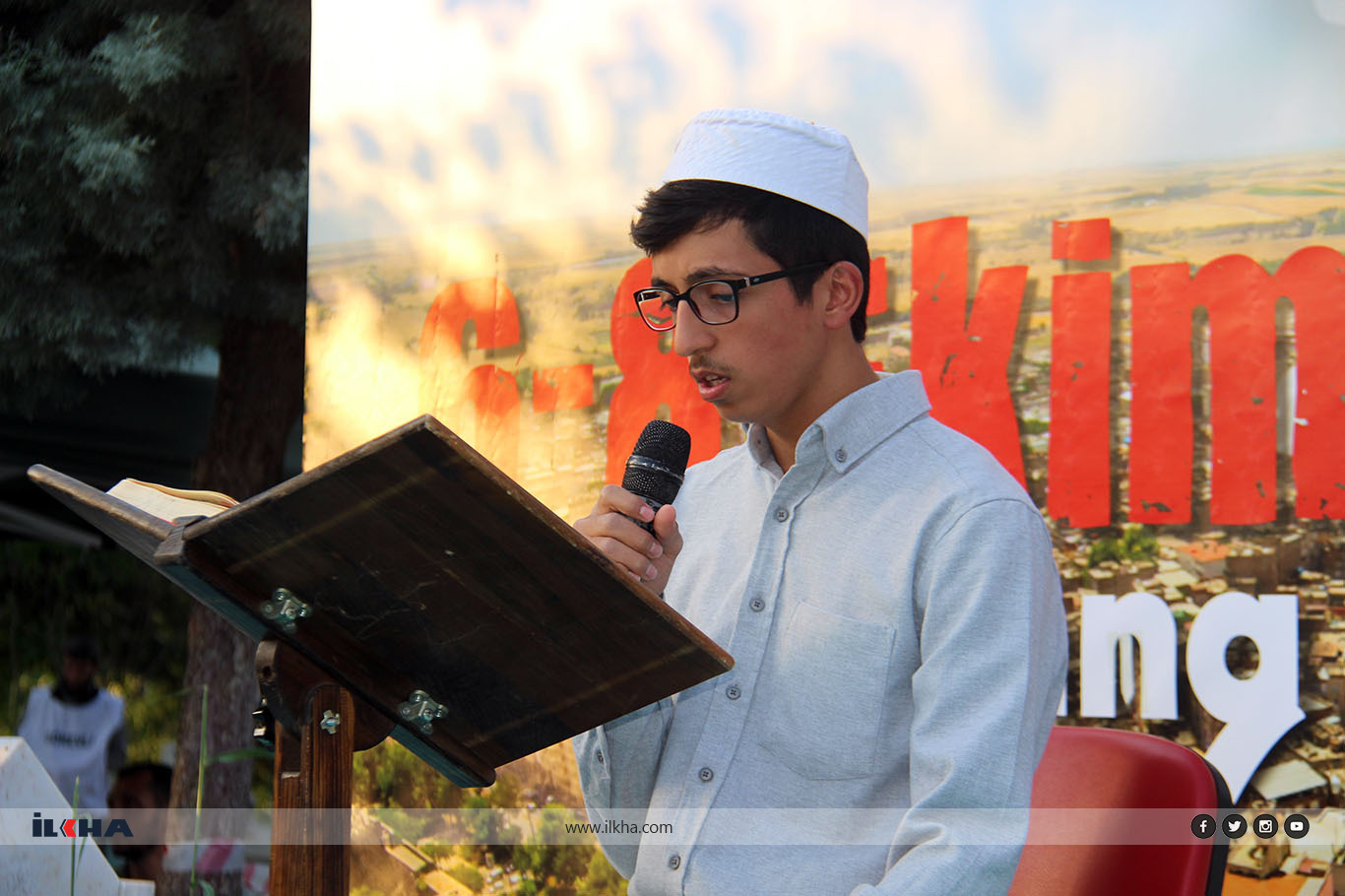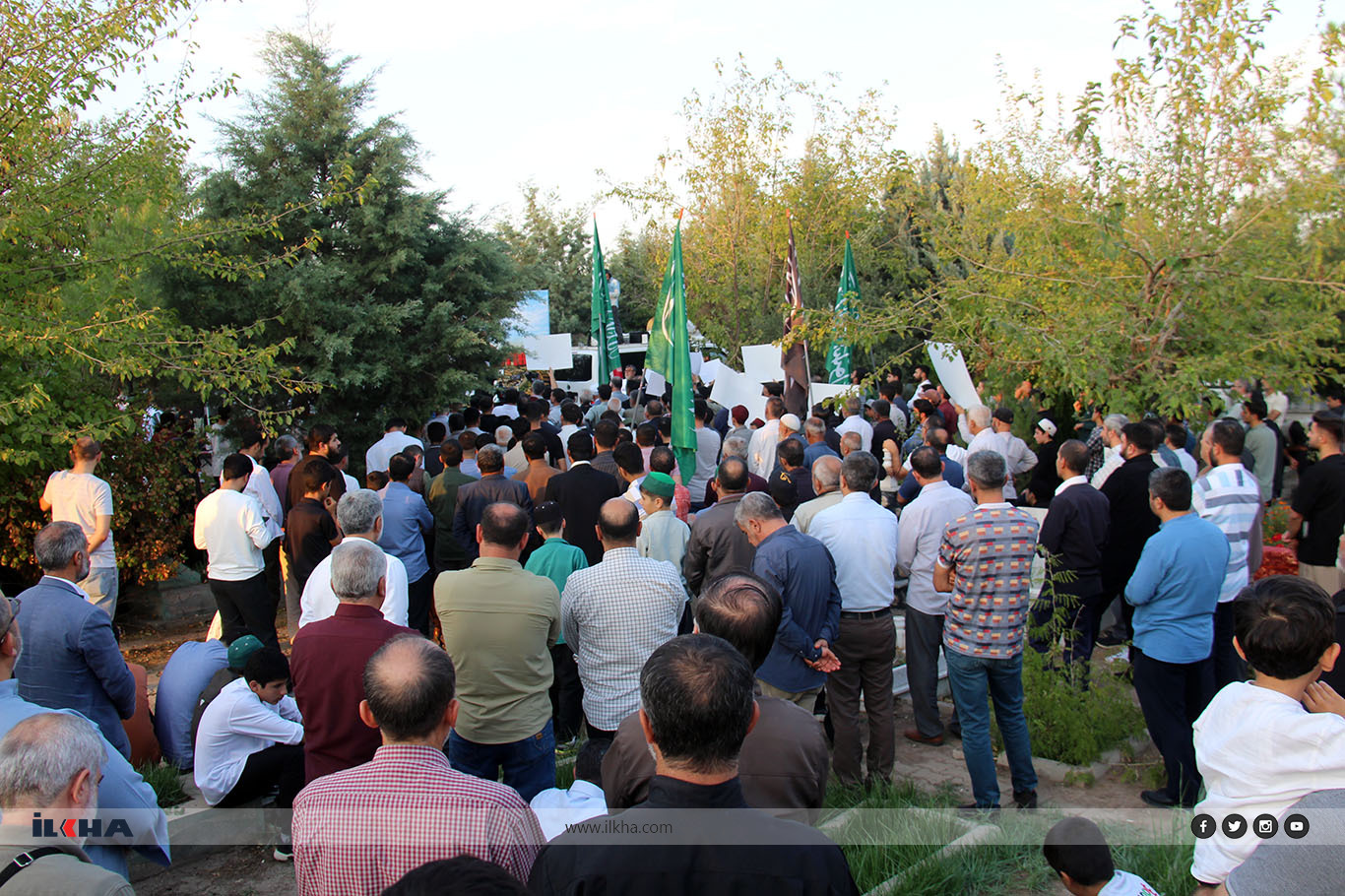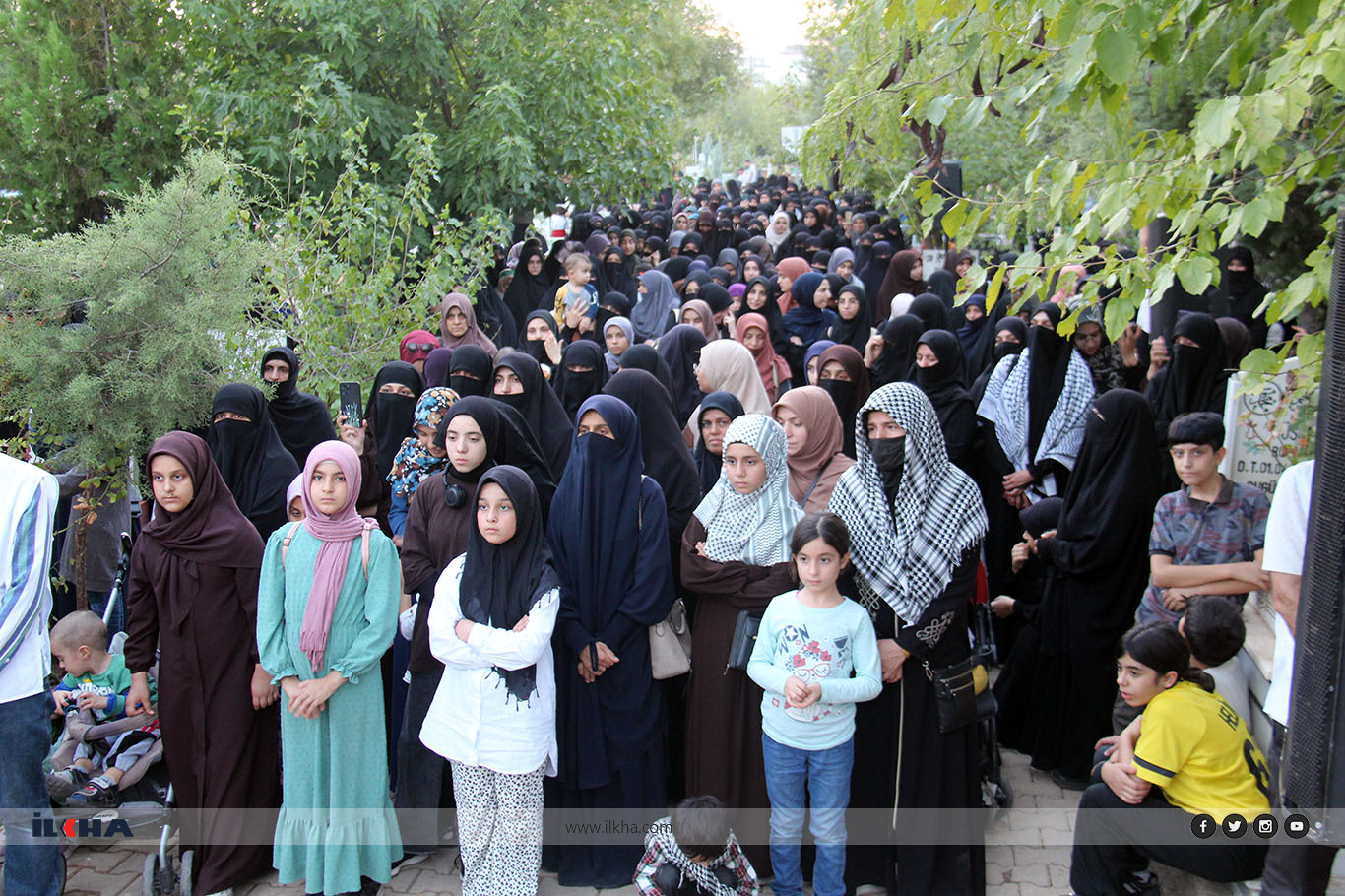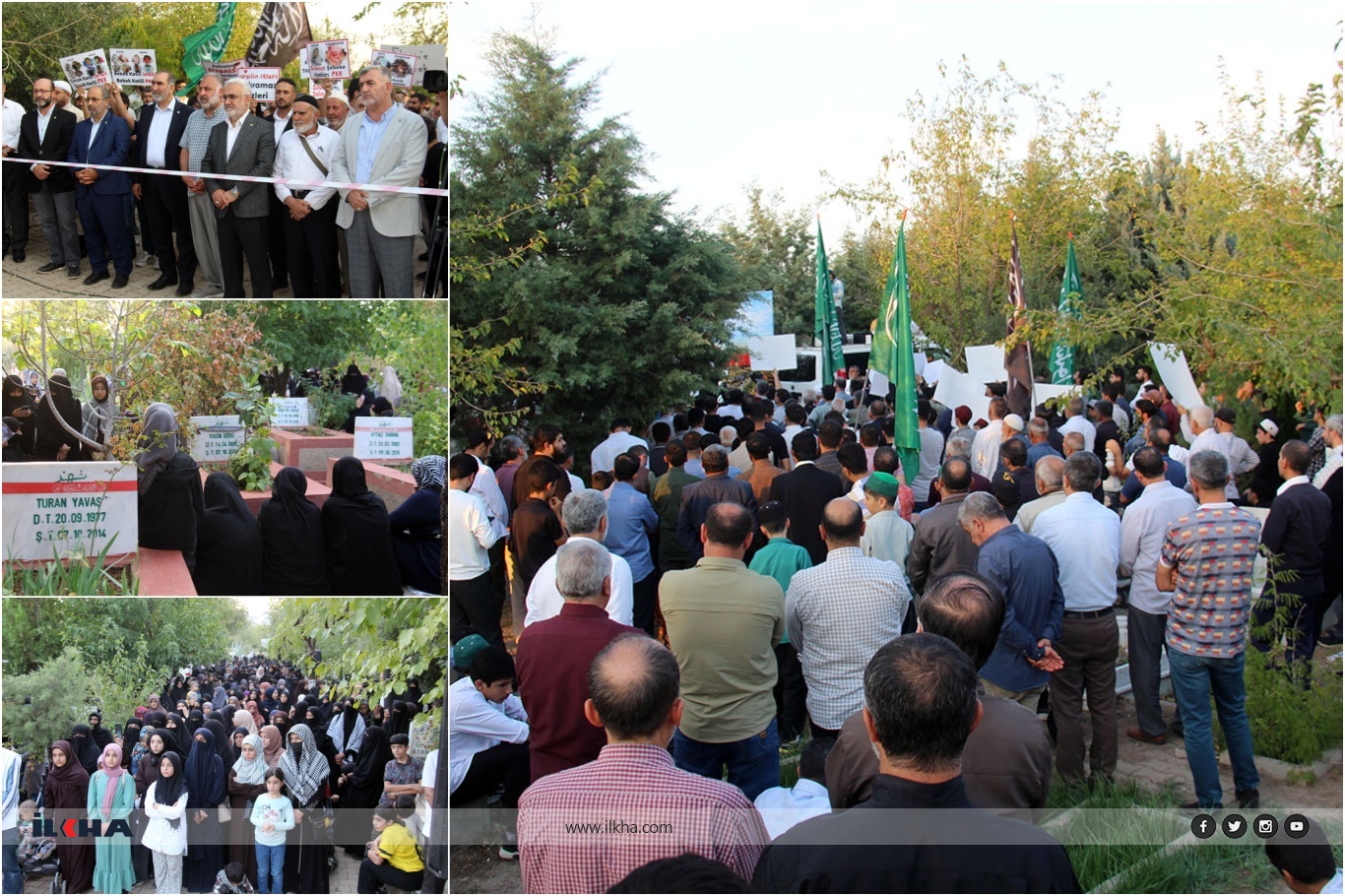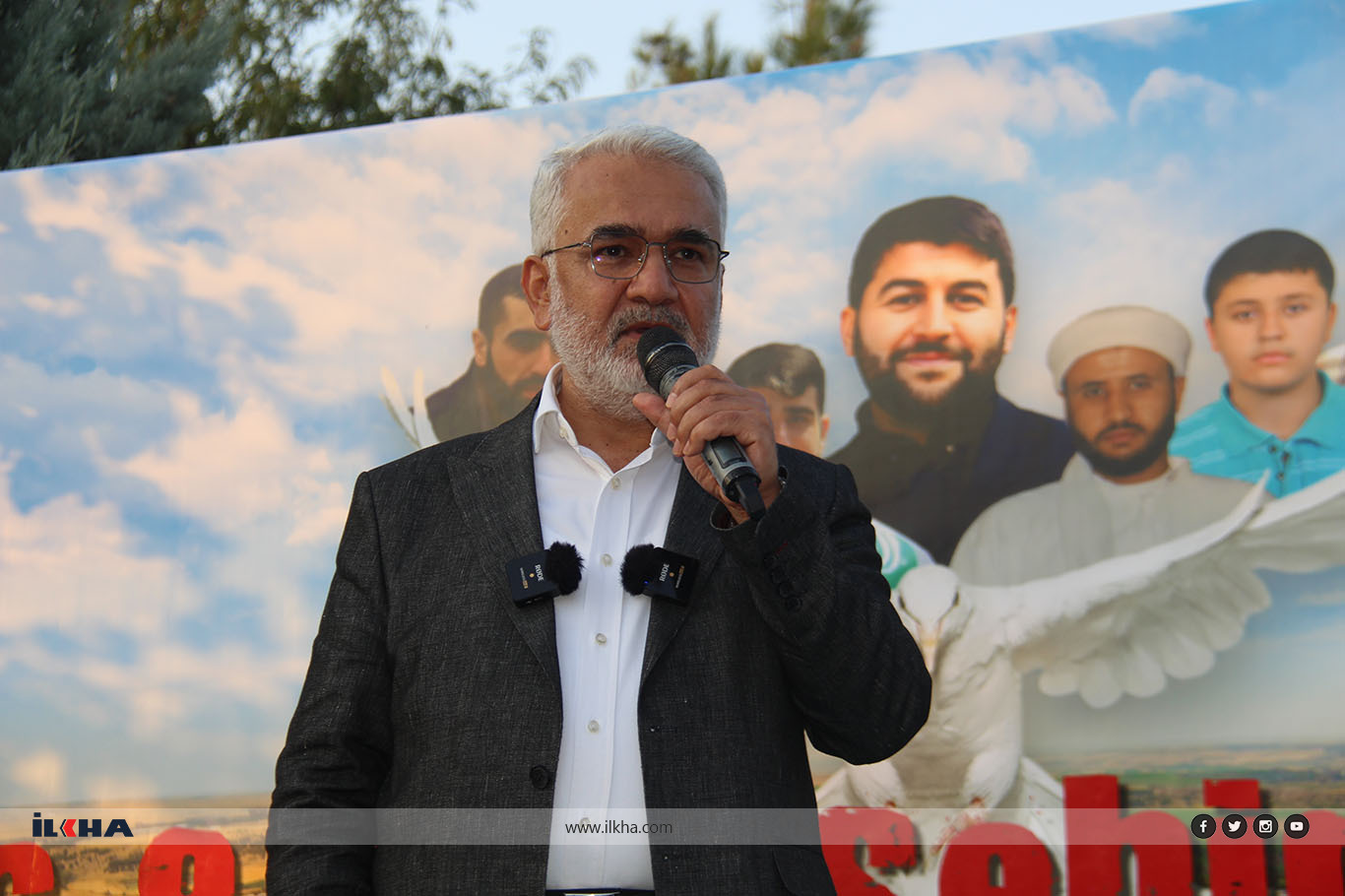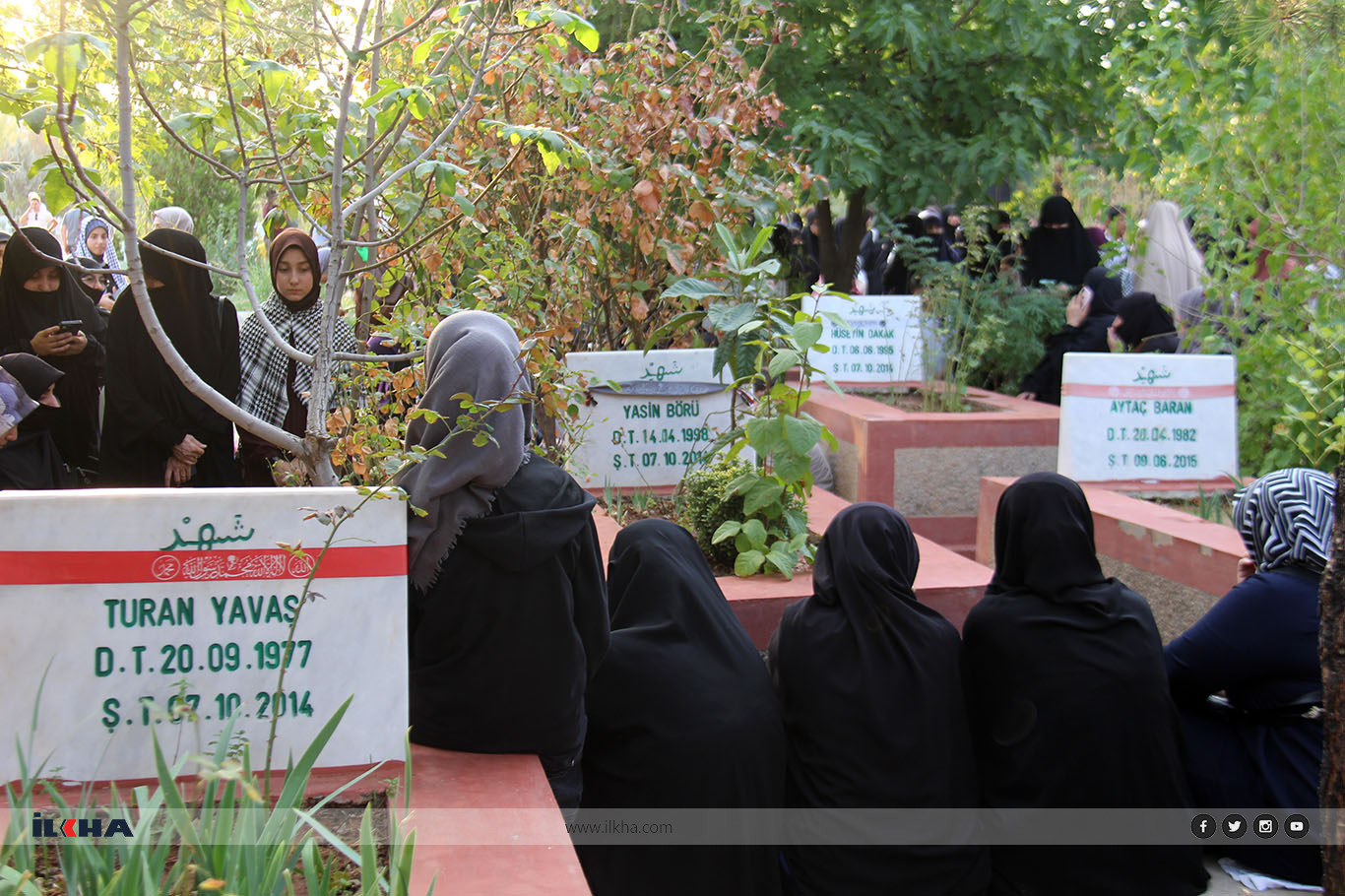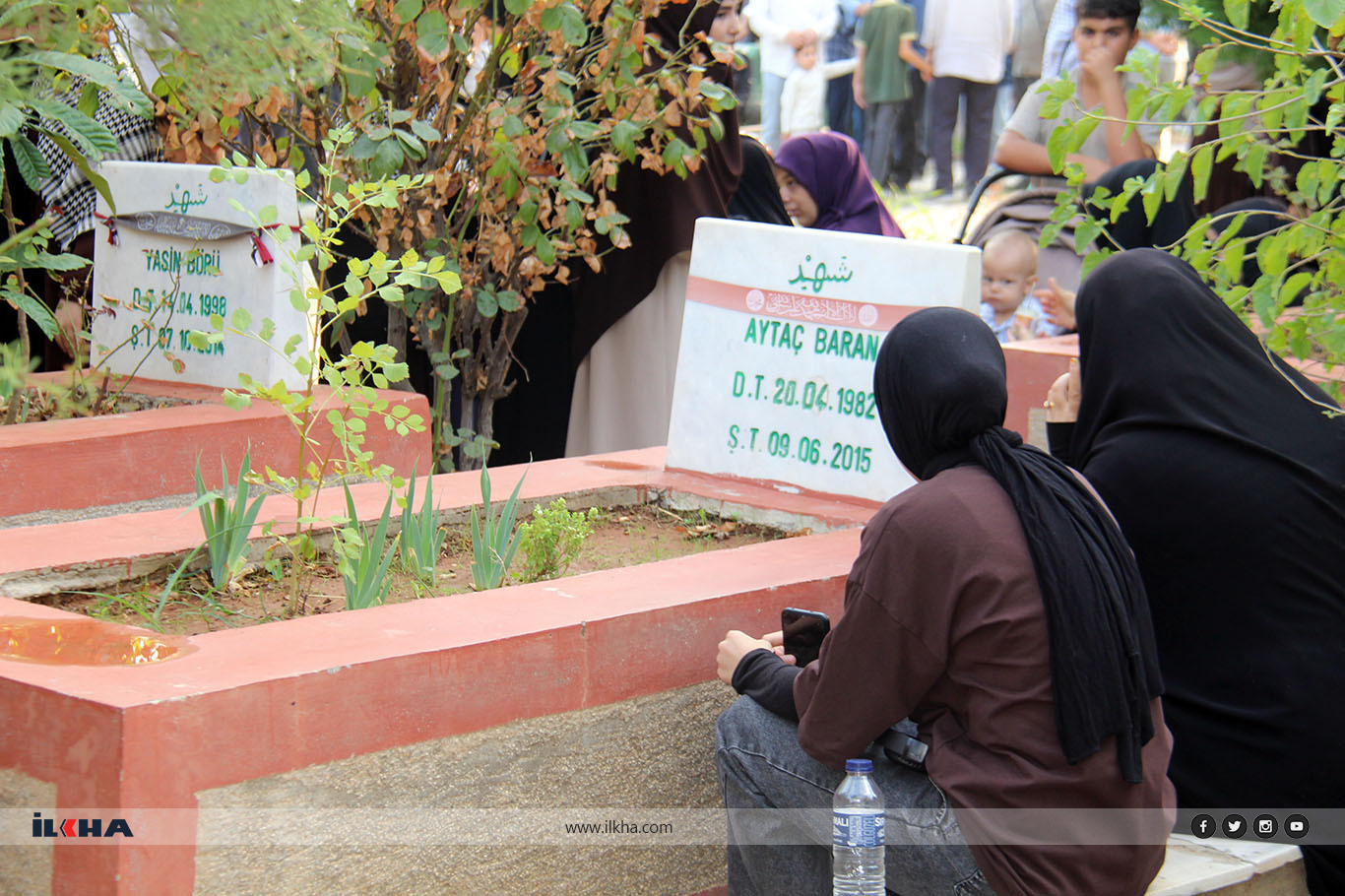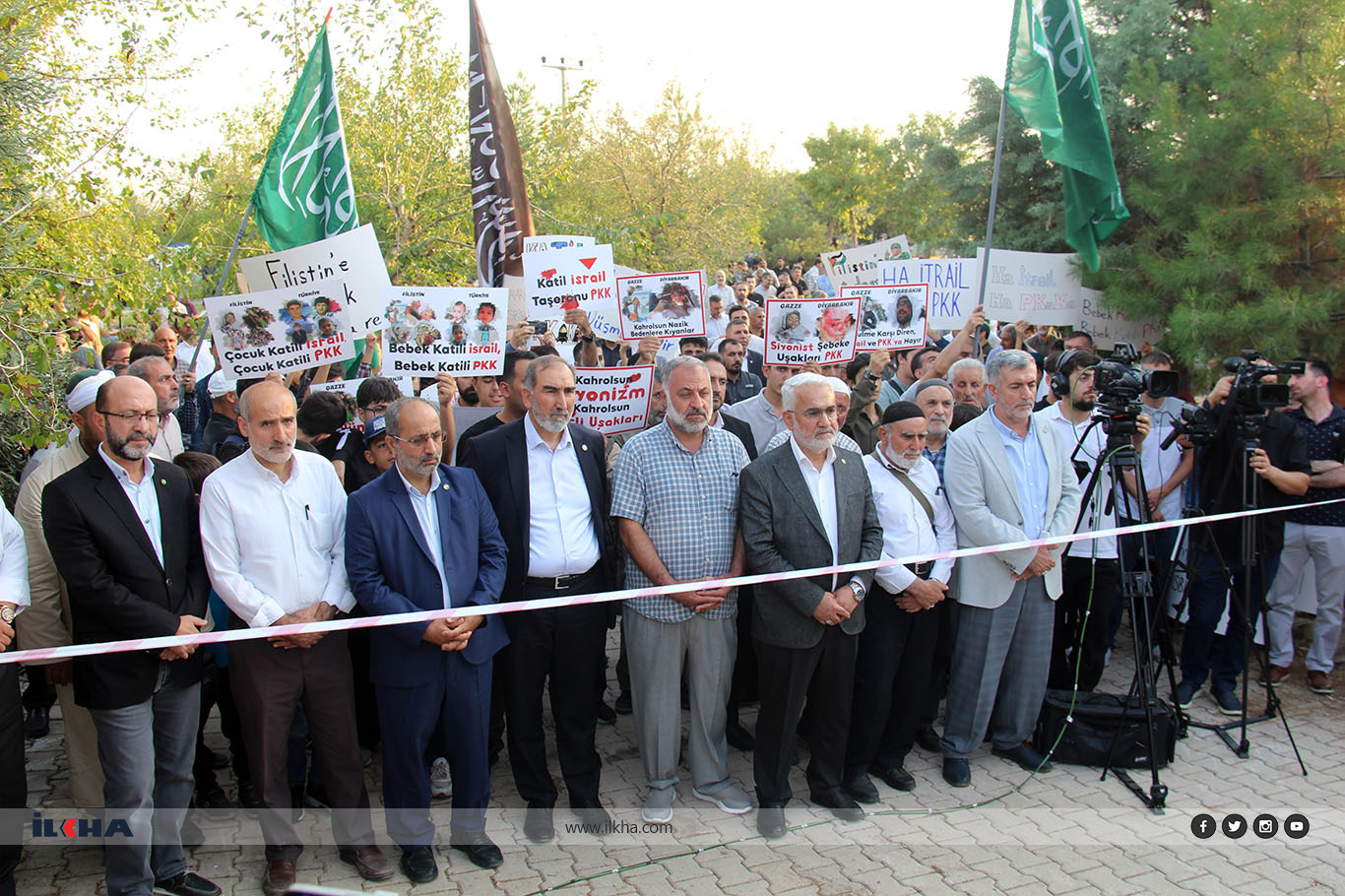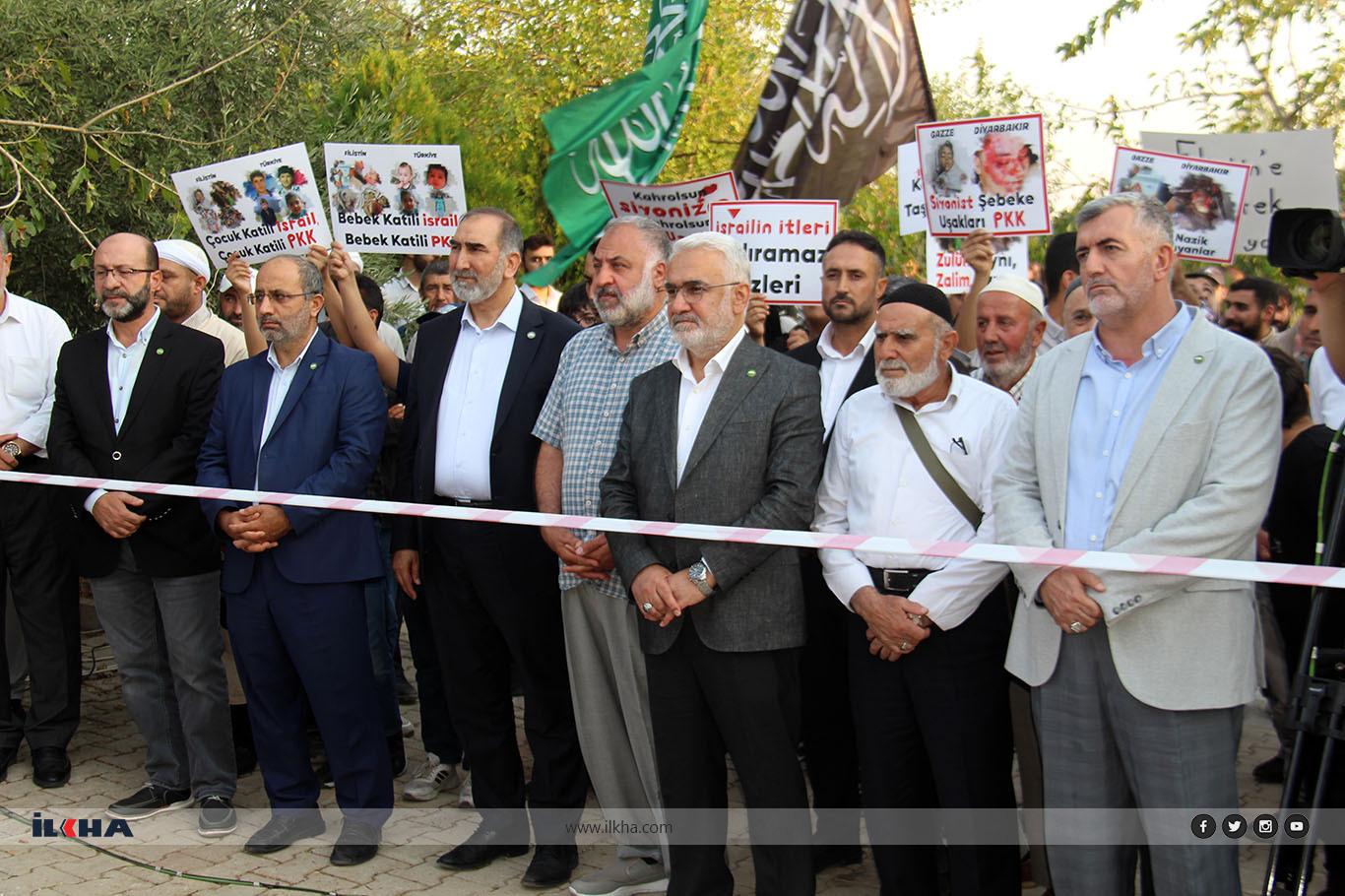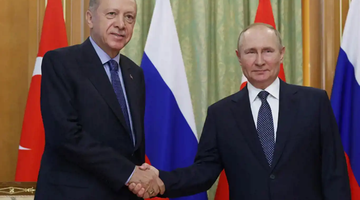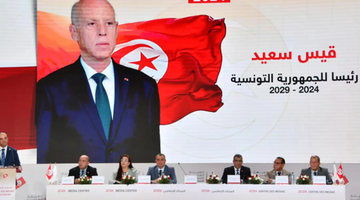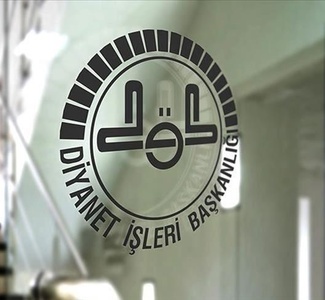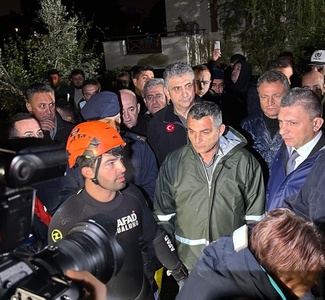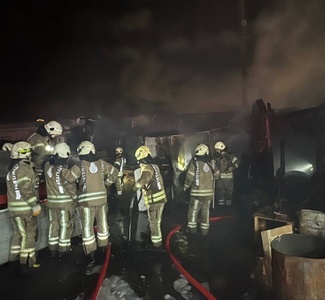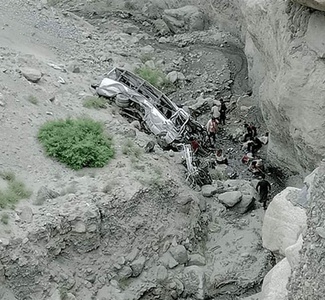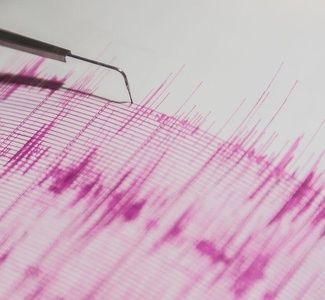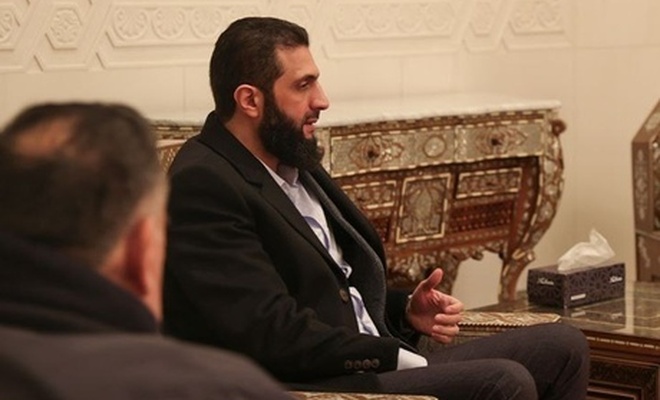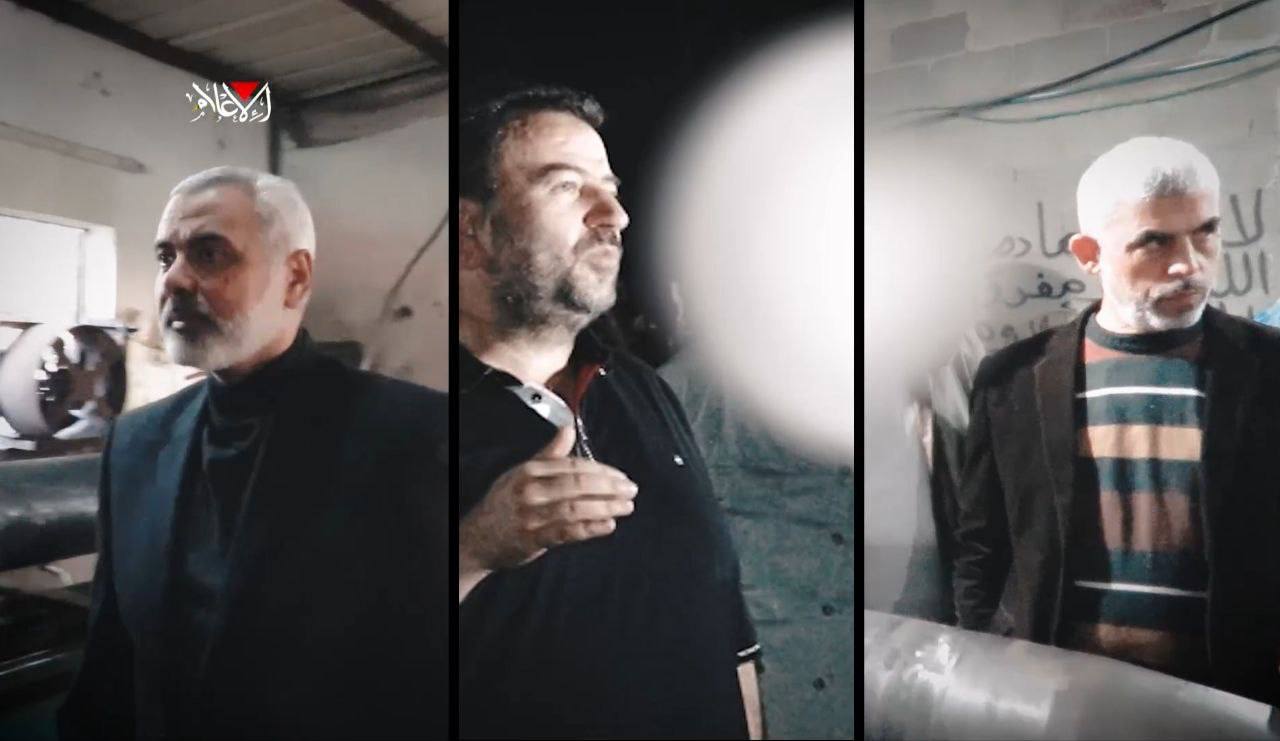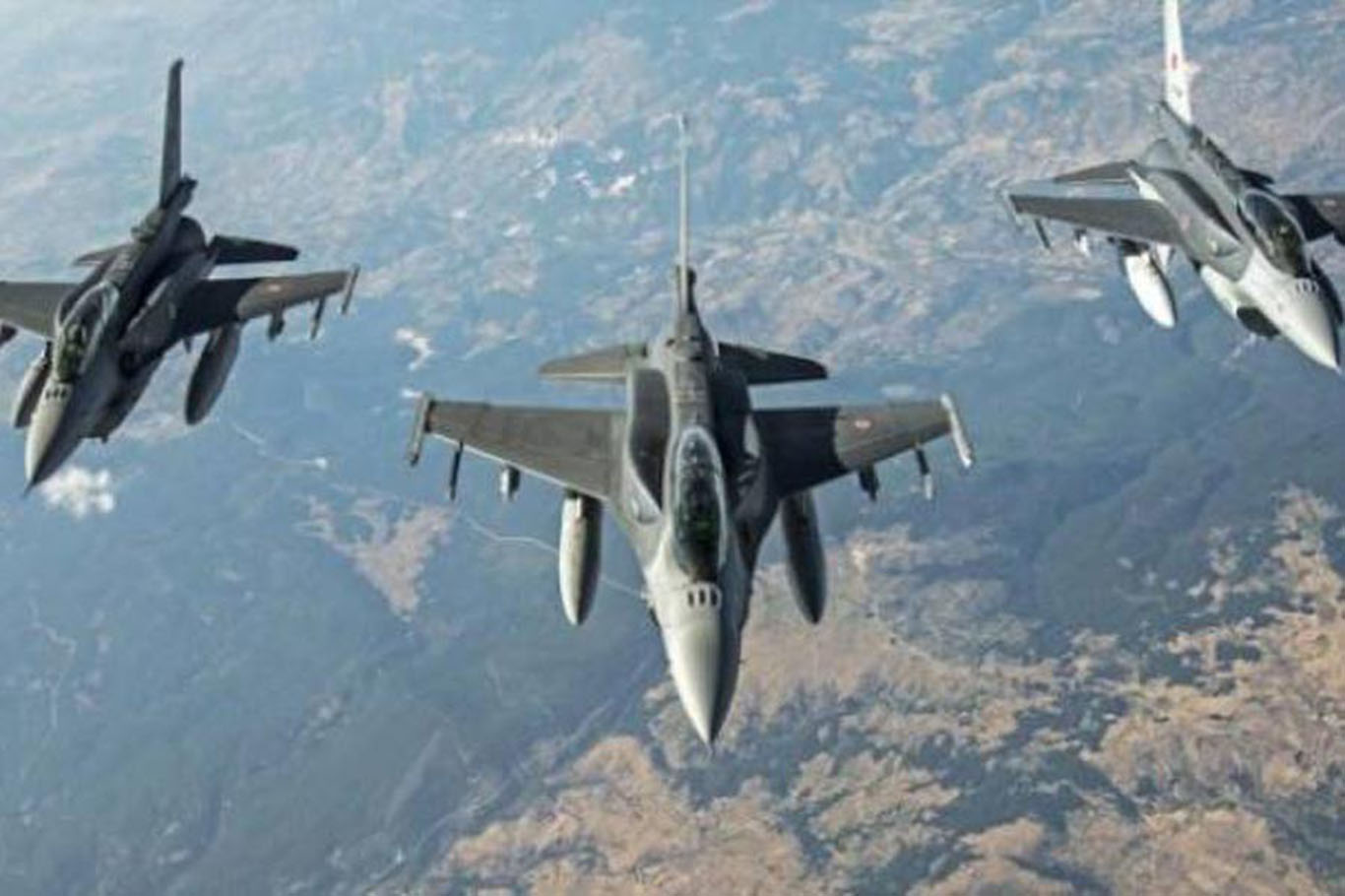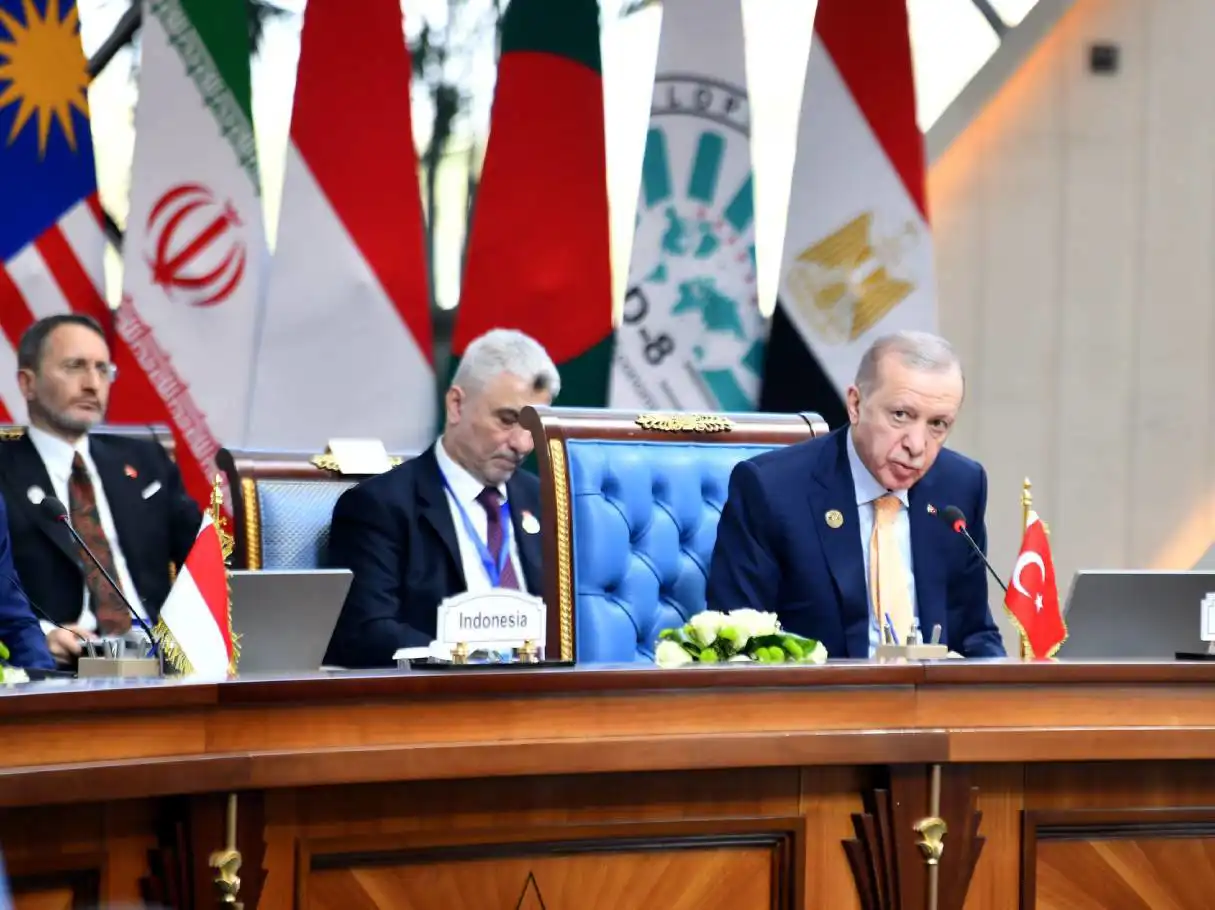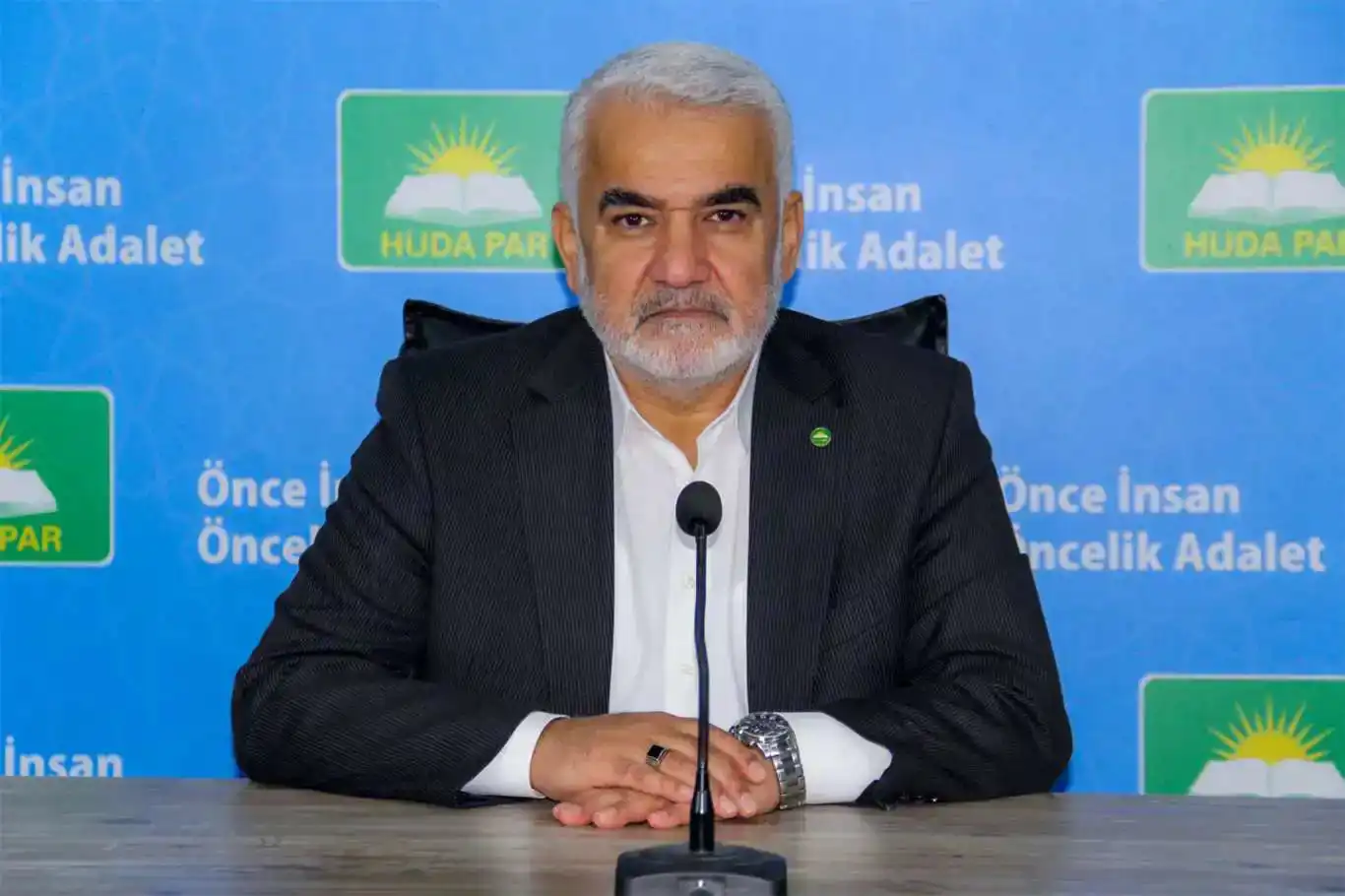Yasin Börü and friends commemorated on 10th anniversary of their martyrdom
The 6-8 October 2014 attacks in southeastern Türkiye, ignited by protests over the battle for Kobane in Syria, left an indelible scar on the nation's conscience.
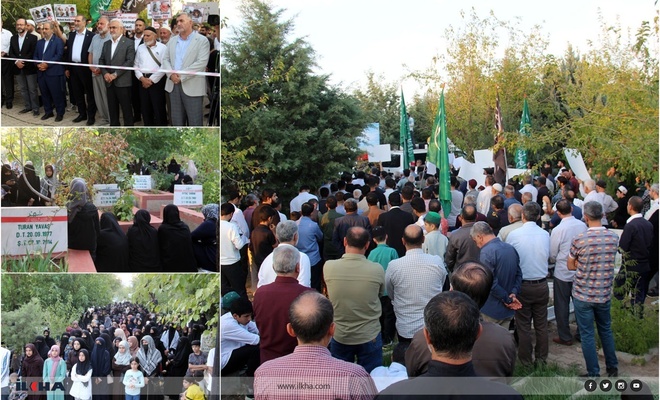
 Google News'te Doğruhaber'e abone olun.
Google News'te Doğruhaber'e abone olun. One of the most harrowing outcomes of the chaos was the murder of Yasin Börü and his friends who was brutally killed by PKK supporters.
These young men, volunteers distributing sacrificial meat to the needy during Eid al-Adha, became victims of PKK brutality.
On the 10th anniversary of the attacks, a somber commemoration was held at the Yeniköy Cemetery in Diyarbakır. Organized by the Mustazaflar Cemiyeti (The Society of The Oppressed) and the Martyrs’ Caravan Platform, the event drew family members, community leaders, and supporters, all gathered to remember the martyrs who had fallen prey to PKK violence. Among those in attendance was Zekeriya Yapıcıoğlu, Chairman of HÜDA PAR, whose speech linked the events of 2014 to ongoing global conflicts, particularly the Israeli-Palestinian crisis.
During his address, Yapıcıoğlu underscored the shocking cruelty of the attack that took Yasin Börü’s life. Recalling how the young men were trapped in a building and brutally murdered by a mob, he drew parallels between the violence of that day and the systemic oppression faced by Palestinians. He attributed the mob’s behavior to what he called a "Zionist-like mentality," implying that the forces behind the brutality in Türkiye were similar to those responsible for atrocities in Palestine. The parallel was not coincidental, but a pointed reminder of how regional politics, both at home and abroad, can sow the seeds of violence against innocent civilians.
Yapıcıoğlu’s rhetoric tapped into a deeper sentiment that connects local tragedies to a global narrative of Muslim suffering. He pointed out how such ideologies, fueled by hatred and division, have spread across Türkiye, from Van to Hakkâri, threatening the very fabric of society. Yet, amidst the tragedy, he sought hope in the enduring memory of the martyrs, believing that their blood would keep the soil of the nation pure and free from external ideological threats.
One of the most emotional parts of Yapıcıoğlu’s speech was his reference to Yasin Börü’s mother. Following the murder of her son, she prayed at the Kaaba for divine justice against those responsible. Yapıcıoğlu suggested that the perpetrators were already beginning to feel the consequences of her heartfelt prayers and would continue to face justice, both in this world and the next. It was a powerful moment, illustrating the intersection of faith and grief, where the mourning of a mother becomes a spiritual call for justice.
The theme of unity resonated throughout the commemoration. Both Yapıcıoğlu and Ömer Çelik, President of the Martyrs’ Caravan Platform, used their speeches to emphasize the importance of solidarity among Muslims. In the face of global injustices, particularly in Palestine, they called for a united front against forces that seek to divide and oppress.
For Çelik, the unity of Muslims was not only a political necessity but a religious duty. He pointed out how Western powers, despite their ideological differences, have united in their support of Israel, and questioned why Muslims could not achieve the same level of cooperation in opposing injustice. His message was clear: only through unity can the Muslim community confront the powerful forces arrayed against it, whether in Palestine, Syria, or Türkiye.
In addition to calling for unity, the speakers at the commemoration were quick to challenge those who they felt were complicit in the oppression of Muslims. Yapıcıoğlu and Çelik both took aim at what they saw as Israeli influence over global and regional powers. They criticized those who spread false narratives about HÜDA PAR and other Islamic organizations, accusing them of acting as "Israeli lackeys."
This rhetoric, while politically charged, was intended to galvanize support for a broader cause—one that transcends national borders and taps into a global sense of Muslim identity. By framing the struggles of Yasin Börü and his friends within the larger context of Muslim resistance to oppression, Yapıcıoğlu and Çelik sought to reinforce the idea that these young men were not only victims of a local conflict but part of a much larger struggle against injustice.
As the event concluded with prayers for the martyrs, the message was clear: Yasin Börü and his friends will not be forgotten. Their memory serves as a symbol of resistance, not only to the violence that claimed their lives but also to the broader forces of oppression that continue to affect Muslims worldwide.
The 10th anniversary of their deaths was more than just a commemoration of a tragic event; it was a call to action. The speakers emphasized that the struggle for justice, unity, and the protection of innocent lives continues. As Yapıcıoğlu said, the blood of the martyrs has nourished the soil, and the community will not surrender to those who seek to exploit division and hatred. Through the commemoration of these fallen individuals, the community reaffirmed its commitment to upholding their legacy and fighting for a more just and peaceful world. (ILKHA)
